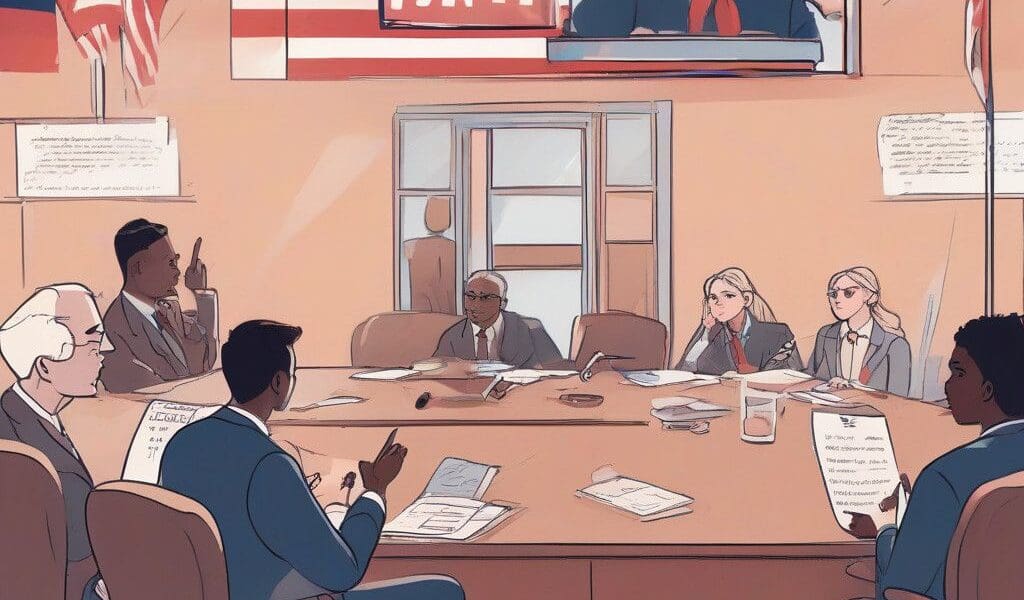Legal Showdown Could Decide TikTok Ban in the US
TikTok is currently embroiled in a significant legal battle that could dictate the app’s future in the United States. The stakes are high as the US Court of Appeals in Washington, DC, is set to hear arguments from TikTok and its parent company, ByteDance, seeking to block a new law that may enforce a ban on the platform by January 19, 2024. With approximately 170 million users in the US, TikTok’s operational viability is on the line during a politically charged atmosphere, especially as the presidential election looms.
This legal confrontation underscores the tension between national security concerns and the platform’s cultural significance. As lawmakers push for a ban, claiming that TikTok poses surveillance threats due to its Chinese ownership, the app maintains its stance on protecting user data. ByteDance argues that divesting from TikTok is not only impractical but also infringes on free speech rights.
The law that requires ByteDance to sell TikTok targets the alleged vulnerabilities tied to user data being accessible to the Chinese government. This legislation ignited the debate about privacy, digital sovereignty, and government oversight of social media platforms. Notably, political figures like Donald Trump and Vice President Kamala Harris have utilized TikTok to connect with younger voters, showcasing its reach and influence within contemporary political discourse.
A crucial aspect of this case is the timeline imposed by the legislation. TikTok’s legal representatives are pushing for a ruling by December 6, which could allow for an appeal to the US Supreme Court before any potential ban starts. This urgency highlights the fragile nature of social media operations amid shifting regulatory landscapes. The Biden administration, which enacted the law, embodies the duality of seeking national security while not explicitly aiming to eliminate TikTok from the digital market. President Biden has the authority to extend the deadline if he considers ByteDance’s attempts at a sale to be earnest.
The ongoing situation poses questions about international business practices and the implications of forced divestitures. Should TikTok face a ban, it would signal not only a setback for a popular platform but also a broader message about digital commerce and how geopolitical tensions can affect consumer technology. The outcome could establish a legal precedent regarding data governance and user privacy, influencing similar cases pertaining to other technology companies with foreign ties.
Historically, the treatment of social media companies has varied, with some facing scrutiny while others operate with relative freedom. For instance, companies like Facebook and Twitter have dealt with pressures related to content moderation, privacy issues, and foreign interference, yet have not encountered the same level of legislative threat present for TikTok. The current case illustrates a pivotal moment of reckoning for how governments approach digital platforms under the veil of national security.
As the court date approaches, all eyes are on this pivotal ruling, which will have lasting implications for TikTok and potentially redefine the landscape for social media in the United States. The balance between securing user data and allowing platforms to operate freely remains a contentious issue, one that could evolve with the court’s decision and public opinion in the coming months.
In conclusion, the outcome of this legal showdown will be critical not only for TikTok’s survival but also for broader discussions on data regulation, user privacy rights, and the intersection of digital platforms with national and international policy. As this complex narrative unfolds, stakeholders across the tech industry and government will be keenly observing the ramifications of the ruling.








